Vandaag heb ik gelezen in het boek Changing Shape. The Faith Lives of Millennials van Ruth Perrin. Dit boek is heel direct gewijd aan de vraag hoe millennials geloven en hoe hun geloven anders is dan het geloven van eerdere generaties.
Op de achterkant van het boek staat over Ruth Perrin: “Ruth H. Perrin is a research fellow at St John’s College Durham and writes extensively on millennial faith. She preaches, trains and encourages Christian ministry to young adults in a variety of national and International contexts.”
Kerk en millennials
Graag geef ik het een en ander door uit het inleidende hoofdstuk van het boek. Ik herhaal nog even dat het niet mijn bedoeling is de boeken die ik lees helemaal samen te vatten en daarmee recht te doen. Ik pak eruit wat me aanspreekt en wat me direct relevant lijkt voor mijn vraagstelling: “Hoe kan ik als predikant en hoe kunnen wij als (Plantage)kerk millennials helpen om in hun dagelijkse leven Jezus te volgen?”
Ik zet ‘Plantage’ nu even tussen haakjes, omdat ik uiteraard niet een voor de Plantagekerk uniek verhaal heb te vertellen. De vraagstelling kan dus ook wat korter: “Hoe kan de kerk millennials helpen om in hun dagelijkse leven Jezus te volgen?” Eerst nu dus wat meer over die millennials zelf zoals Ruth Perrin daarover schrijft.
Maak hier kennis met Ruth Perrin en wat ze zelf zegt over haar boek! (De blog gaat onder de video verder.)
Kernwaarden
Perrin beschrijft een drietal kernwaarden die kenmerkend zijn voor millennials: authenticiteit, tolerantie en participatie. Bij elk van deze kenmerken geef ik een aantal citaten door die ik gemakshalve even in het Engels laat staan.
1 Authenticiteit
“Millennials often claim to be authenticity seekers, aspiring to a life that has meaning and integrity. That can come in many shapes and forms, but they admire those who embody sincerity. One of the core problems many report with all forms of authority, including the church, is hypocrisy.”
“Many millennials report a strong desire for community. A highly mobile lifestyle, technologically mediated social interaction. unstable and short-term romantic relationships combined with idealisation yet delay of marriage, mean that many crave meaningful social contact.”
Het verlangen naar authenticiteit uit zich dus ook in het verlangen naar authentieke relaties en authentieke verbondenheid met andere mensen.
En om nog een aspect naar voren te halen: “This of authenticity also works out n the valuing of creativity and uniqueness. Often the millennials are referred to as ‘Mosaics’, piecing together a bricolage of beliefs, values and interests from multiple sources to create ’unique’ identities.”
2 Tolerantie
“Tolerance is shaped by the multicultural nature of the society and access to the Internet, which have resulted in unparalleled exposure to a plethora of beliefs, worldviews and practices. In culturally diverse contexts it becomes harder and harder for any given worldview or religion to claim absolute authority; inevitably they become a matter of personal preference.”
“Millennials, raised in a liberal, pluralistic context, expect to be allowed te be ’true to themselves’ and to ‘follow their heart’ and are supportive of others doing the same.”
“Millennial tolerance means they tend to look for points of affinity rather than differences both within and beyond the church.”
“Millennials can (and do) listen to teaching and worship from across the globe and have unprecedented access to spiritual ideas and resources. Their challenge is not a lack of information but how to discern and make sense of it in order to develop a coherent system of belief that will help them negotiate the demands of adult life.”
3 Participatie
“Millennials desire to take part. Raised with pupil-centred learning and used to adult attention, Millennials and anticipate being listened to. They are unwilling merely to observe or comply. They want to join in and voice their ideas.”
“Millennials want to be valued and included. However. reluctance to unquestioningly comply, unwillingness to commit long term or work excessive hours are, in part, what has contributed to the narrative of a Snowflake Generation. Given their happy-midi narrative, if Millennials are professionally unhappy they consider it their responsibility to find employment that does make them happy.”
“As with religious denomination, Millennials are not typically loyal when it comes to institutions (allthough they often are to people).”
Millennials en de kerk
Perrin doet in dit inleidende hoofdstuk ook al een paar interessante, samenvattende uitspraken over wat voor soort kerk aantrekkelijk is voor millennials.
“Accessibility, relevance, relationship and inclusivity are core factors in attracting and retaining uncharged Millennials.”
“Millennials are more likely to choose a church based on style, convenience and peer group, or pragmatic factors like childcare provision. Typically they are looking for experiential worship and engaging, pragmatic biblical teaching a spiritual home that will provide community, and ideally a place where they might be able to contribute in some way.”
Perrin stelt ook nog dat veel millennials een hang hebben naar sociale actie. En zegt dan het volgende: “Churches that demonstrate compassion and relationality by engaging with the poor and vulnerable look like the kind of communities altruistic, authenticity-seeking Millennials might want to be part of.”
Online gesprekken met deskundigen
Vandaag had ik trouwens ook een online gesprek met millennial Nadia Kroon (31 jaar, met het verlangen om non worden en op dit moment ‘in between kloosters’) en gisteren had ik al zo’n gesprek met Johan ter Beek (50plus, net zoals ik, theoloog, een rasechte innovator die zich richt op zingeving en spiritualiteit onder 20-ers en30-ers).
Binnenkort hoop ik ook te spreken: Tim Vreugdenhil (ondernemer en dominee bij CityKerk in Amsterdam) en David van der Meulen (millennialdominee in Amsterdam).
Uit al deze gesprekken hoop ik in deze blogserie ook het een en ander te delen!




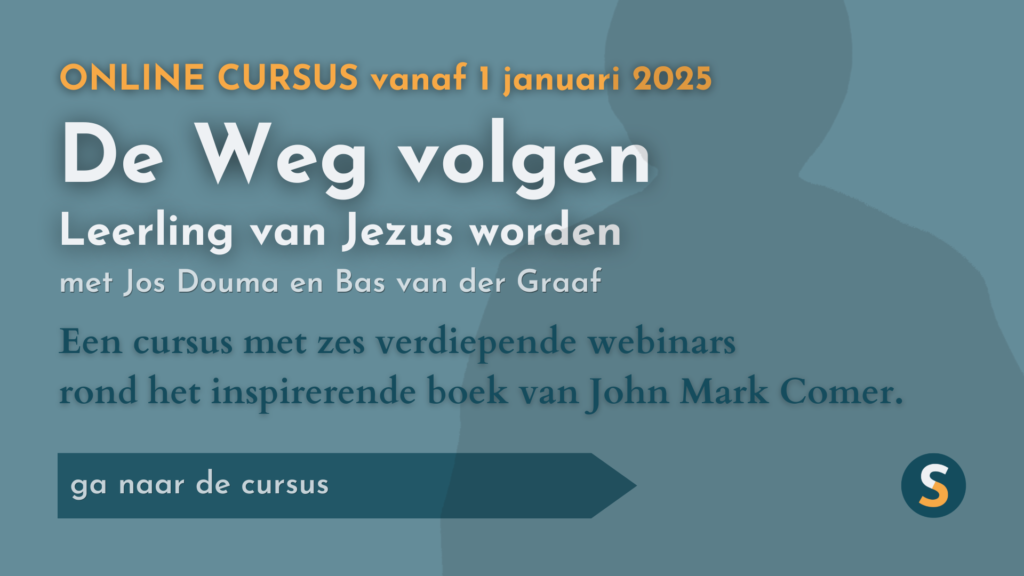
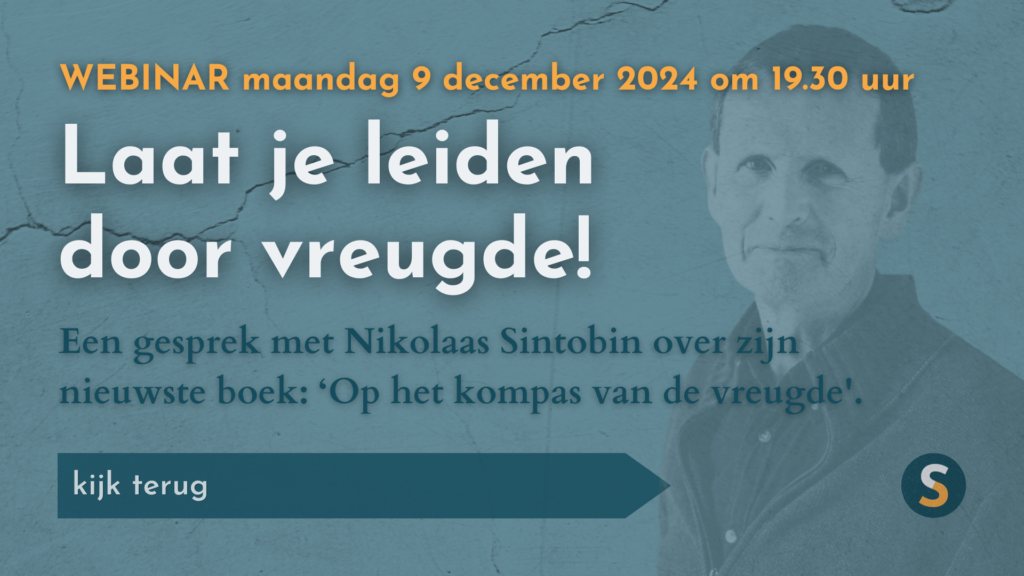
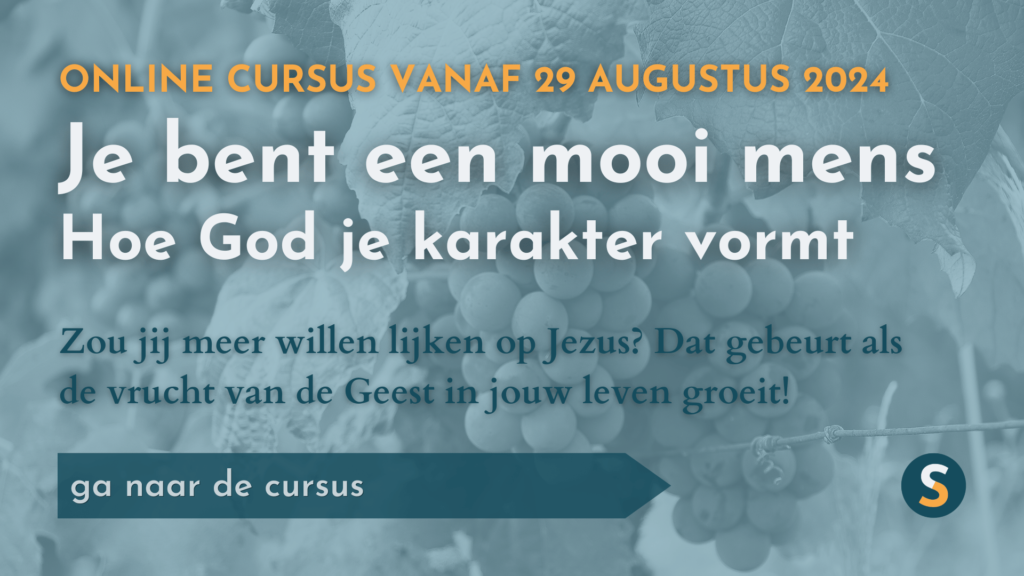


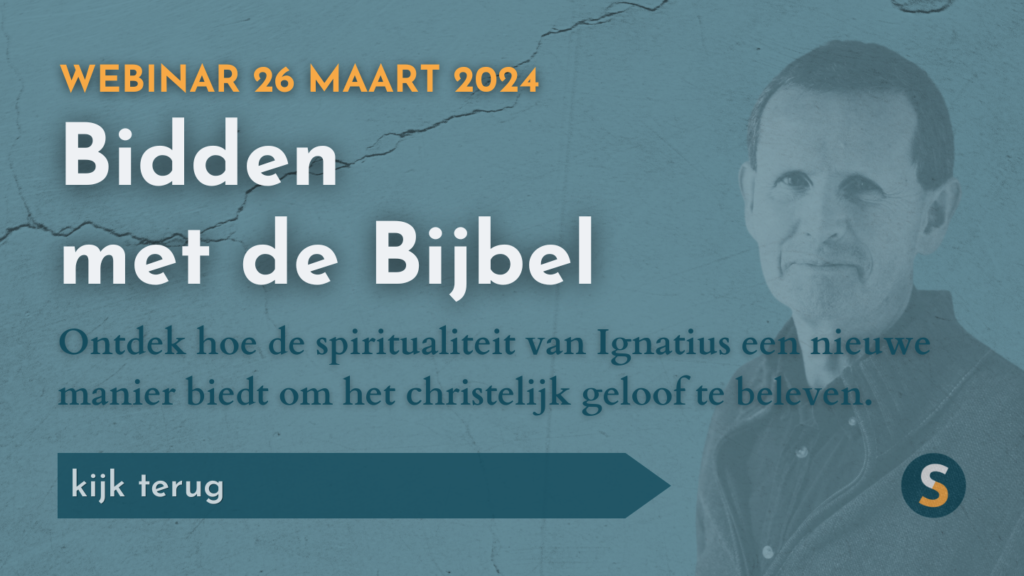

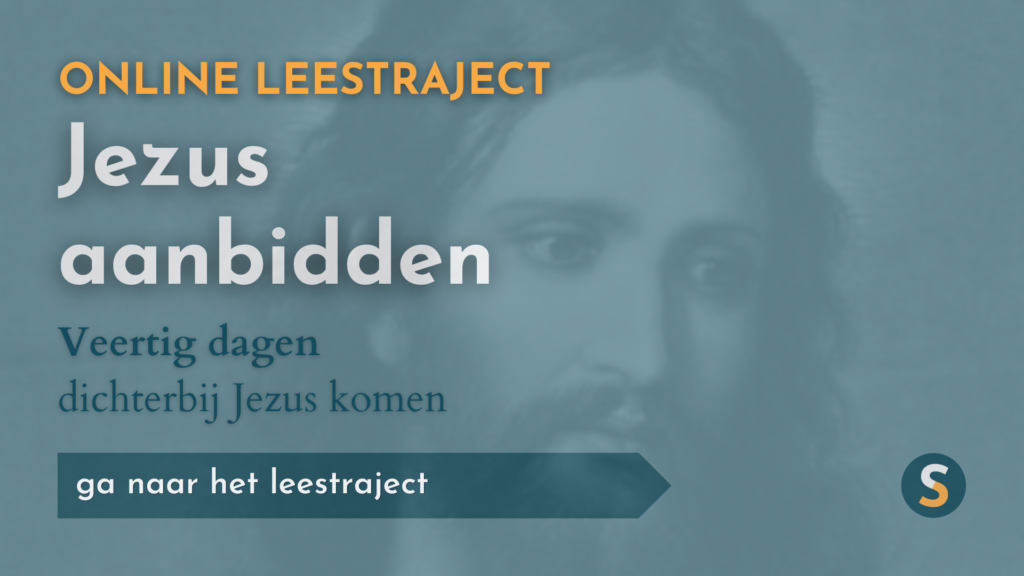
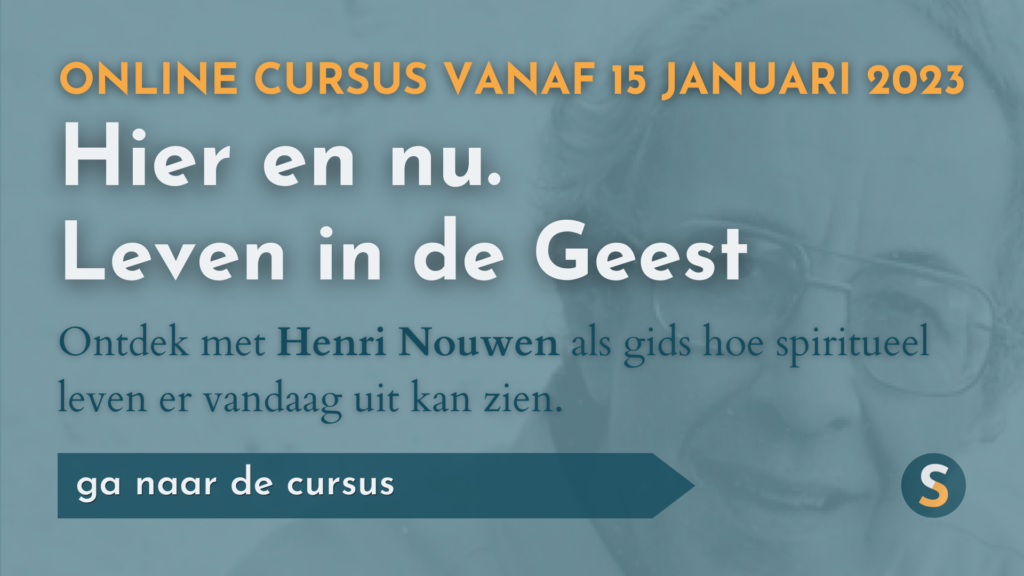
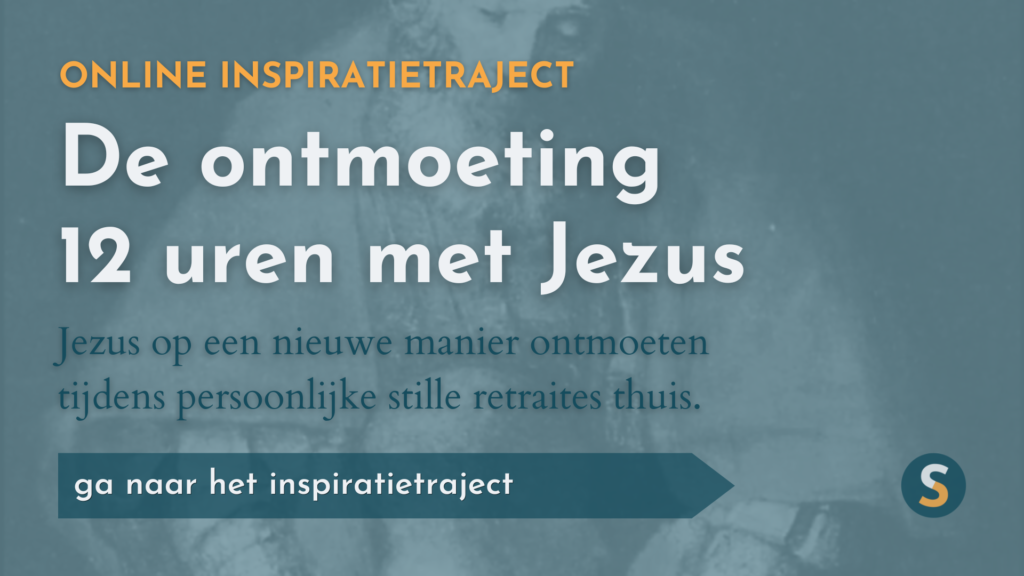
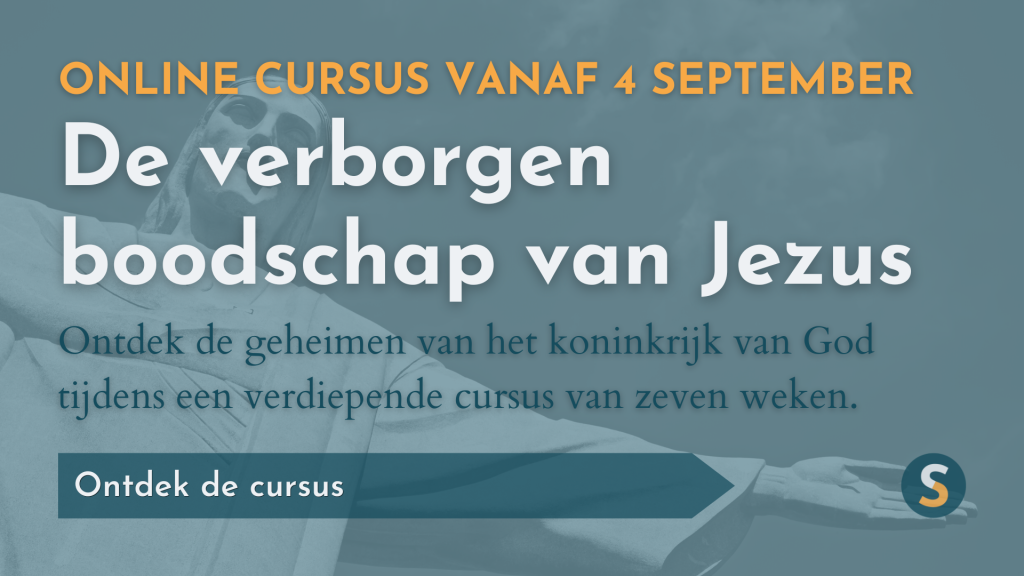
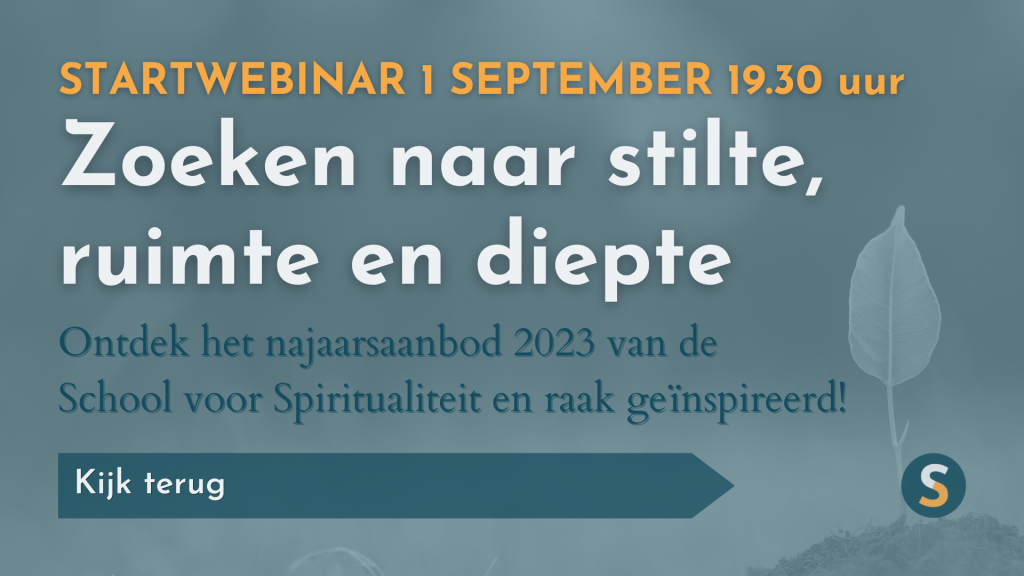
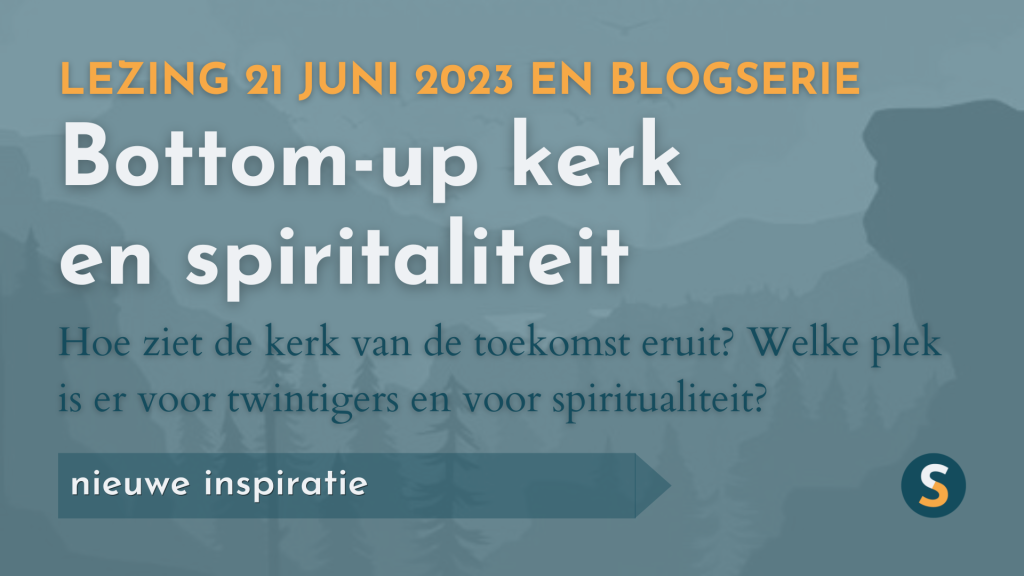

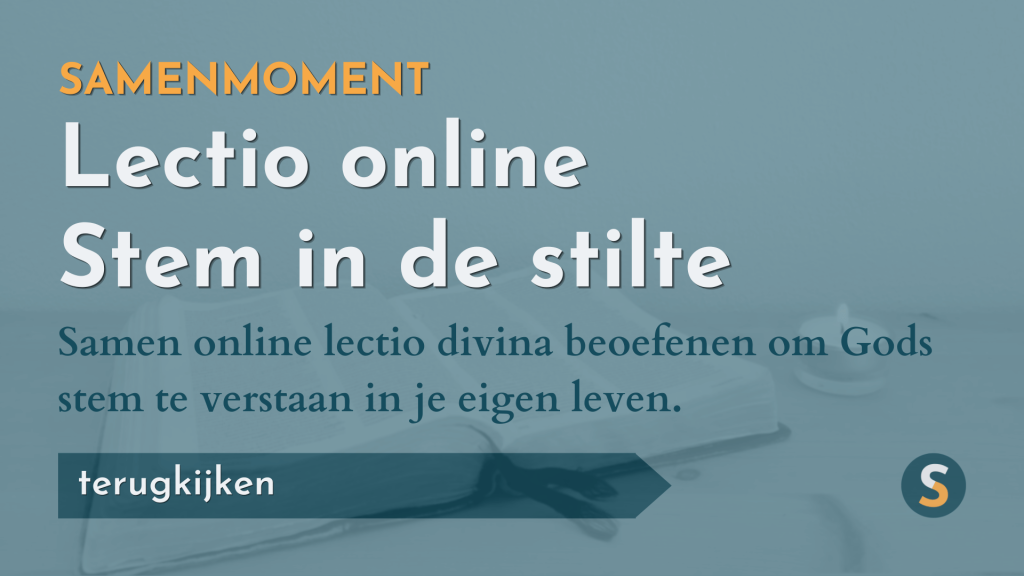

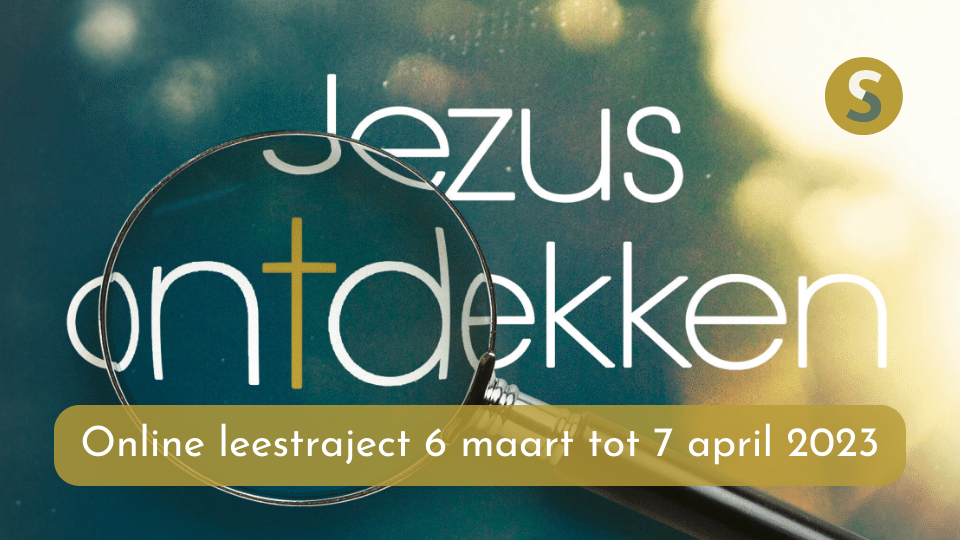

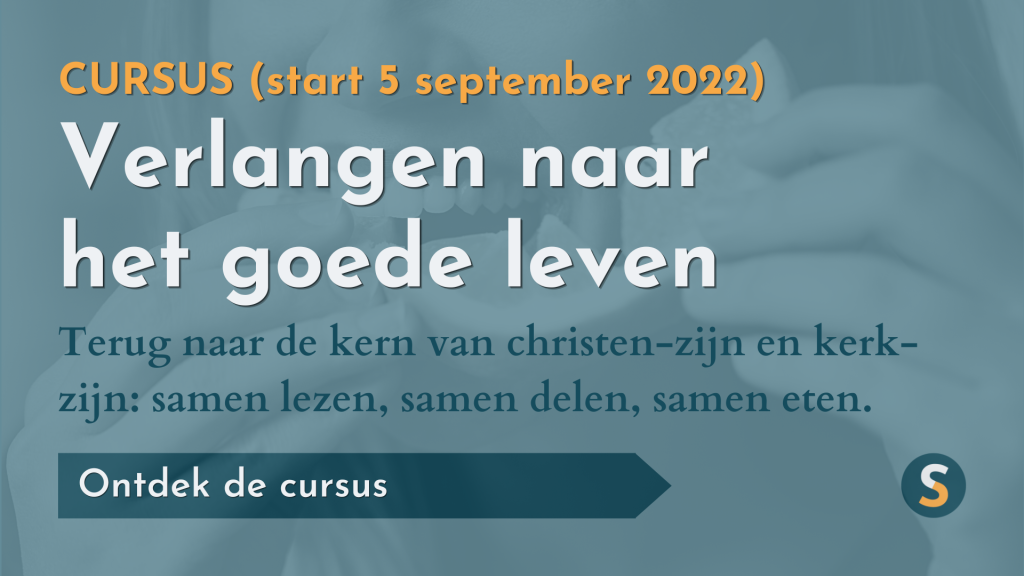
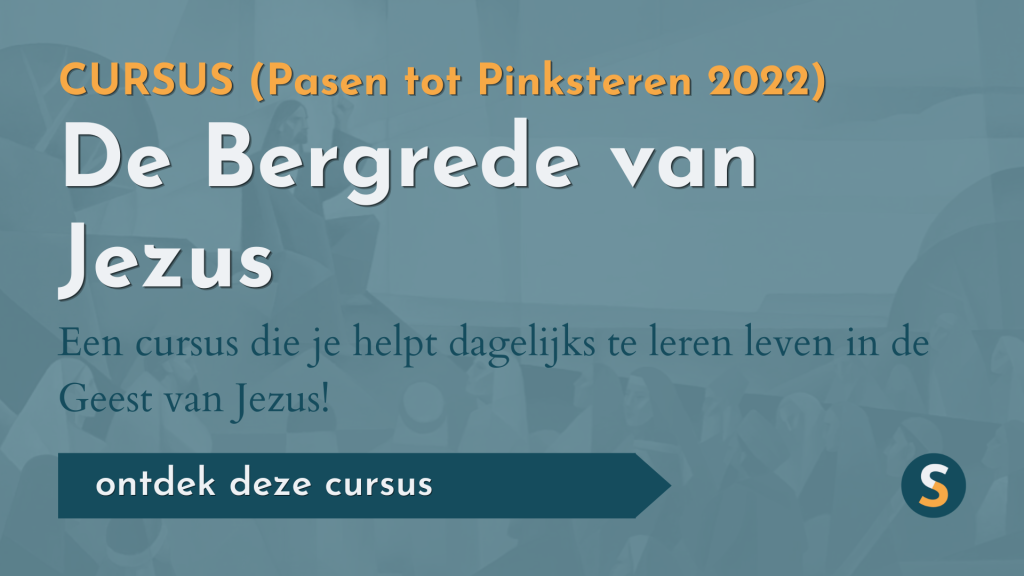
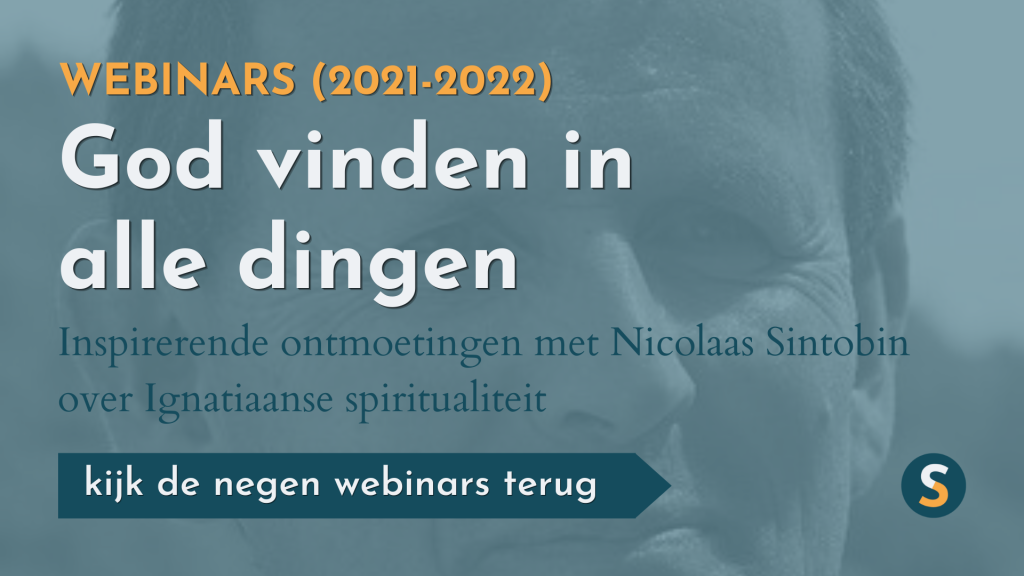






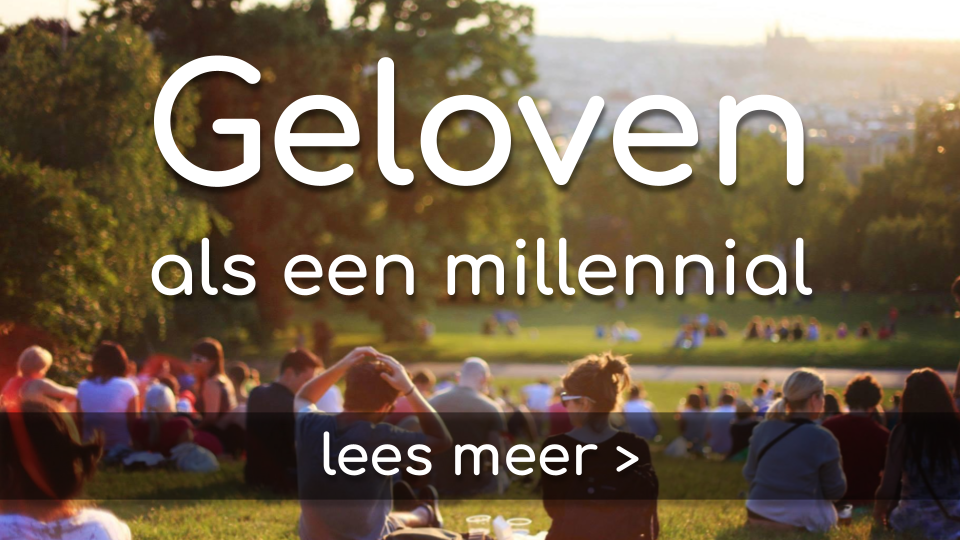
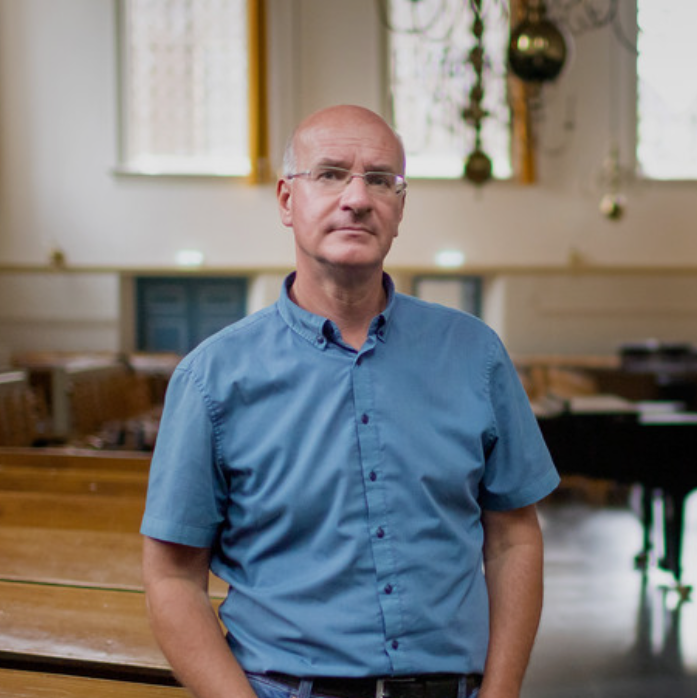
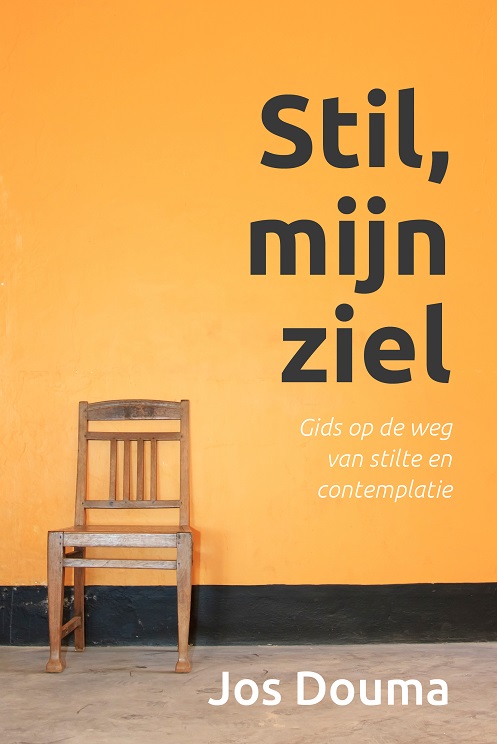
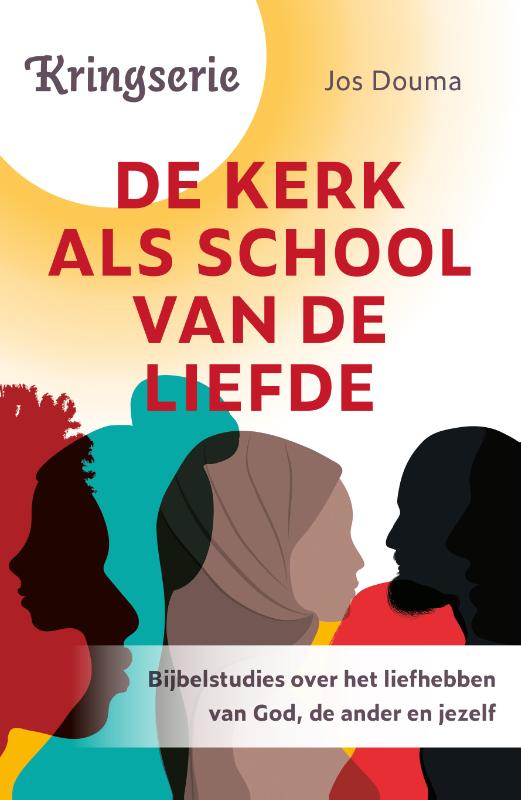
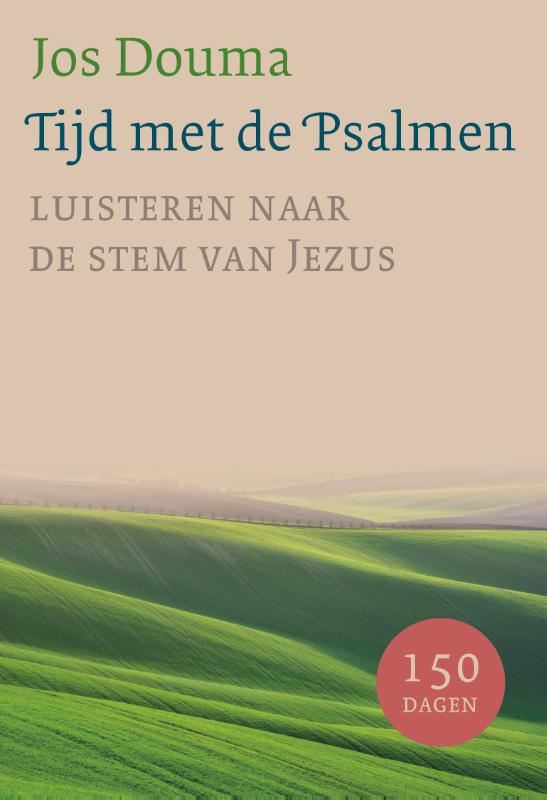
1 Pingback